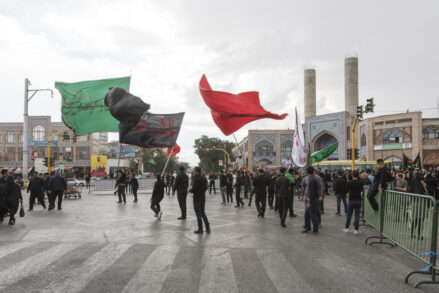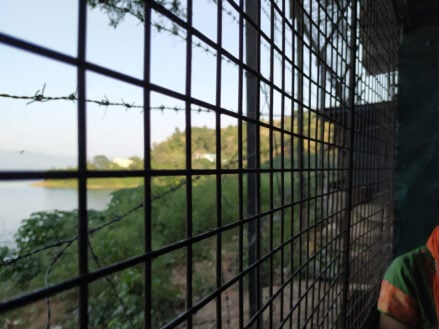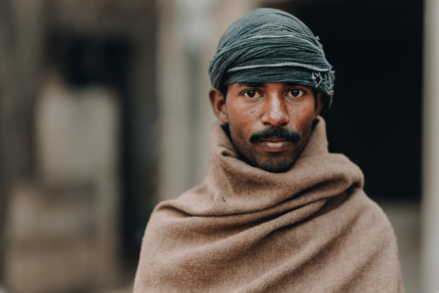The first thing you see is Fatumata Hassan’s emaciated face filling the computer screen. A March CNN article detailing her struggle to find food—any food—for her and her two young children shows her face in painful detail: sunken, yellowing eyes, gaunt cheeks, the all-too-familiar hallmarks of starvation. Hassan, her family, and the country of Somalia are being ravaged by famine.
In Somalia alone, over six million people are currently lacking food, with expectations things will get much worse before they improve. And this is just one country. Across the globe, severe hunger is an unimaginably vast epidemic. According to the organization Action Against Hunger, 34 million children are currently malnourished and will eventually die if not given aid.
More people are currently hungry in the world than the combined populations of the United States, Canada and the European Union. Each year, more people die from starvation than AIDS, tuberculosis and malaria combined.
And ringing through these horrifying statistics are the words of Jesus: “For I was hungry and you gave me something to eat.”
This famous passage comes from Matthew 25, where Jesus tells several fascinating parables about the end times. Immediately following the parable of the talents—where the lesson is “leverage the resources God’s given you for His Kingdom”—Jesus says that when the judgment day comes, those who cared for the poor, sick and hungry will find they’ve done these things for Jesus.
Assuming these parables are linked, Jesus’s message is clear: use your time, attention, money and gifts to care for “the least of these.”
So what do we do in response to the “least of these” currently starving around the globe? How can we as Christians apply the commands of Christ to such an overwhelming need that, often, feels so far away?
WE FAST
There are many reasons and methods for fasting. One of them is to remind ourselves of God’s incredible blessing of daily food, to draw closer to Him in its absence, and to be reminded during our temporary hunger of the systemic hunger plaguing our world. This is something that can be done individually or collectively, as a one-time event or a weekly habit.
It doesn’t have to be food, especially for those with health restrictions. Any sort of withdraw from a daily routine can be a chance to deny ourselves, take up Jesus’s cross, and follow after his heart for the hungry.
WE PRAY AGAINST
One of the biggest tragedies of the world’s hunger crisis is that there’s enough food to feed everyone. The problem of hunger isn’t a resource problem, it’s a human problem. As we pray for those starving we pray against:
The greed and gluttony in the world that consumes resources while others are starving. We pray against our own tendencies toward waste and ungratefulness.
Corrupt governments and broken infrastructures that fail to get food to those who need it most.
Terrorist groups who prevent aid workers and governments from getting food to rural villages.
WE PRAY FOR
Our starving brothers and sisters in Christ, that they would know Jesus as the one who fasted for 40 days in the desert. Our God knows human hunger and the suffering it brings. Pray that they would experience a oneness with Christ in their hunger and that God would bring relief soon.
The leaders of prosperous nations to find workable solutions to care for those in need.
The leaders of impoverished nations, that God would raise up wise rulers who can lead well.







